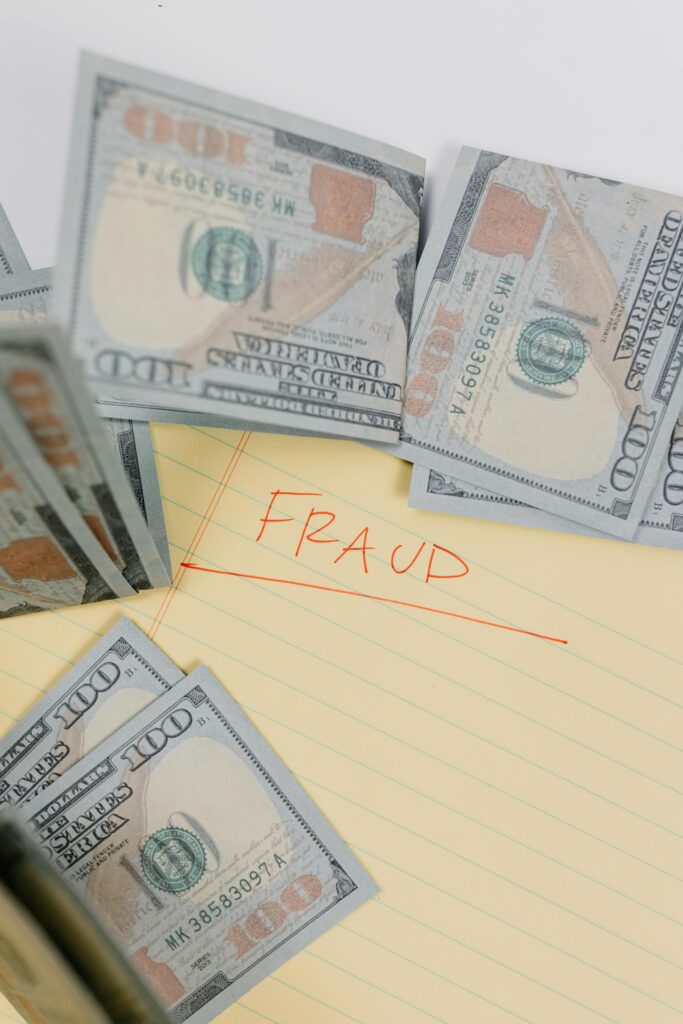Quality Caregivers a Defense against Exploitation of the Elderly

It is a scene that we read or hear about all too often: Senior citizen scammed out of thousands.
We see the headlines in the news, on television, and sometimes even personally know an
elderly family member or friend who has been a victim. Innocent people are defrauded often in
this country but the frequency with which it happens to senior citizens is frightening. In fact,
citizens age 60 and older lost $1.7 billion dollars in 2021, more than double what was lost in
2019. Sadly, Utah seniors are no exception to the national statistics. In September of this year two
separate instances of elder fraud and exploitation were in the news.

On September 5th in Sandy Utah, it was reported that the male roommate of an elderly woman
with dementia, posing as her caregiver, attempted to force her to withdraw money from her
bank account under suspicious circumstances.
According to the affidavit, “Brian [David Page] entered the bank and demanded that bank
tellers give him $150 from the elderly female’s account with her present. Bank tellers
attempted to engage with the female but were unable to as Brian overrode her attempts at
talking and demanded that he was in charge. Bank tellers recognized the red flags.”
Because the woman’s son was her power of attorney and the only one authorized to make
transactions on her account, the man was unable to withdraw any funds and was eventually
arrested at the premises for refusing to leave and threatening violence.

Similarly, a few days later an elderly woman in Park City was only prevented from giving
thousands of dollars to scammers by an observant gas station clerk who recognize the warning
signs and took action.
Edgar De La Merced, a clerk at Kimball Junction Chevron, overheard the woman speaking on
the phone to someone with a foreign accent while attempting to put cash into a bitcoin
machine. He, along with help from Summit County Sheriff Frank Smith who happened to be a
customer in the store at the time, was able to stop the transaction before any real harm was
done.
Investigators later learned that the woman had responded to a fraudulent PayPal email by
calling who she thought was their fraud department.
Sargent Skyler Talbot stated, “They then transferred her to who she thought was her bank’s
own fraud protection. And it’s through the course of about five hours, they were able to
manipulate her using various scare tactics and convinced her to withdraw $15,000.”
Thankfully, the woman was able to redeposit her money back into her bank account that same
day.

According to Motley Fool, elder fraud “is fraud targeting an elderly victim, which is defined as adults aged 60 and older. These financial crimes can be perpetrated by a stranger or someone close to the victim, such as a family member or caregiver. [It] comes in many forms, from romance scams to impersonations of tech support representatives of well-known brands. They can also have a massive financial impact, with some types of scams costing victims more than $50,000 on average.”
Generally, senior citizens are targeted more often than other age groups because they’ve had
more time to build wealth, are more vulnerable due to the effects of aging, often live alone,
and don’t want to report fraud due to embarrassment and worry they will be considered
unable to manage their own affairs.
Nonprofit organizations such as Suzy’s Senior Companionship Services can help lessen the
chances that aging loved ones are exploited by providing professional licensed caregivers to
ensure seniors are not an easy target for scammers. Trusted caregivers keep those in their
stewardship physically safe, stave off loneliness, help with activities of daily living while
allowing seniors to retain their independence, and more.
Contact Suzy at 801-540-2077 to learn more.
Suzy’s caregivers have been through training from the Utah Federal Trade Commission on how to notice fraud, and where to report it. Suzy’s caregivers receive continuing education on Senior Care every year. If you are concerned for a loved one or yourself please call Utah Division of Consumer Protection at 801-530-6601 or visit consumerprotection.utah.gov.